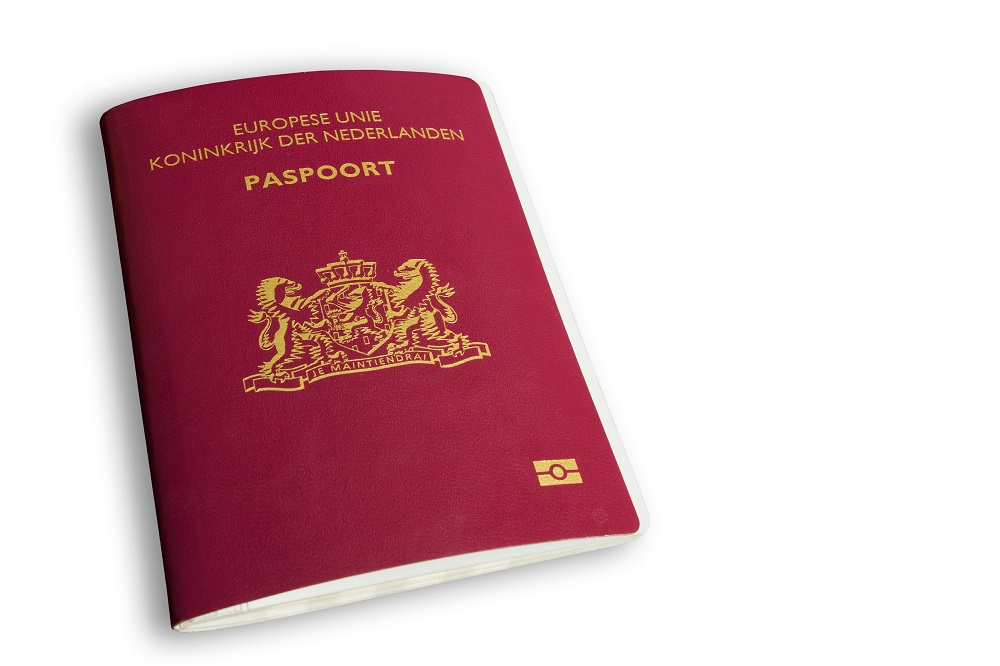By Yolanda Bokhorst
‘Patchwork families’ are families made up of parents and children, whereby one – or both – of the parents has brought in a child from a former relationship. Sometimes these parents also have joint children.
Almost 10% of all families are patchwork families. And this is only expected to increase. The relations within such a family are often complex. The children have to get used to the new family and the step-parent and – vice versa – the step-parent has to build a relationship with the step-children.
New Situation
Some families are together full-time, others part-time, half-time or during the weekends – sometimes in combination with shared parenting. To some, these new families feel like an enrichment, but there are also plenty of cases in which the newcomers are seen as interlopers or in which conflicts of loyalty arise. Whatever the case may be, it is always good to look into the legal consequences of the new situation and to put things on paper.
Having a Say over the Children and Expenses
The premise in Dutch law is that the legal parents share parental authority (the right and duty to raise and take care of the children) over their joint children. Whether or not these parents are in a relationship is of no importance. A step-parent has no parental authority. If the step-parent and the parent are married or have entered into a registered partnership and the step-child is part of the family, then the step-parent is obligated to contribute to the costs of sustenance and in the raising of the child. How much, depends on the circumstances.
Pursuant to the European Convention on Human Rights, when the relationship between the step-parent and the parent comes to an end, the step-parent can request visitation rights. Any obligation to contribute to the sustenance, however, ends.
International
The rules described above also apply in international situations in which the child has their habitual residence in the Netherlands. If the step-child and step-parent share a nationality, the step-parent can lodge an objection against the obligation to contribute to the child’s sustenance if the law of this country of shared nationality does not contain this obligation.
Inheritance
Pursuant to Dutch law, step-parents and step-children do not automatically inherit from each other. In the Netherlands, inheritance takes place on the basis of blood relationship. The only exception to this is the spouse or registered partner.
Should you want to leave something to your step-child, you will have to arrange this in a will. There are a variety of options; you can give your children and step-children equal status, you can leave your step-child a certain amount or percentage of the inheritance, or you can determine that your step-child is a joint heir for a particular share.
Does this section of Dutch inheritance law also apply to expats who live here?
International Inheritance Law
Since August 2015, the Inheritance Law Regulation applies in the entire EU, except for Denmark (and, insofar as still relevant, the United Kingdom and Ireland). This regulation states that the law of the last country of residence of the deceased applies to the entire estate and its settlement, including assets that are located in another country.
In other words, should you pass away while living in the Netherlands as an expat, then Dutch inheritance law applies to your entire estate. Unless, in your will, you have determined that the law of your country of nationality applies.
Married, With (Step-)Children and No Will?
Then, in the Netherlands, the rules on intestate succession apply. This means that your (legal) children and spouse are joint and equal heirs. All your possessions and debts go to your surviving spouse, whereby the children have to wait for your spouse to pass away or become bankrupt in order to claim their portion. Before that, they cannot claim their portion, while the spouse can use up the entire inheritance. Step-children do not receive anything, but they can inherit from their own parent.
Especially when the surviving spouse is not the actual parent, these rules can lead to some undesired outcomes. Which is why, particularly in the case of a patchwork family, it is wise to draw up a will that contains arrangements for the own children, step-children and surviving spouse – both upon the death of the first spouse as well as upon the death of the surviving spouse.
 Pursuant to Dutch law, step-parents and step-children do not automatically inherit from each other
Pursuant to Dutch law, step-parents and step-children do not automatically inherit from each other
Not Married, (Step-)Children and No Will?
In this case, only the own children will inherit. If you live together, but are not married or have not entered into a registered partnership, you will not automatically inherit from each other. In order to protect your partner, you should draw up a will. This will should contain provisions clarifying the position of the surviving partner, the own children and the step-children. Generally speaking, a cohabitation agreement will be necessary in order to strengthen your partner’s position.
Inheritance Tax
If you pass away while living in the Netherlands, then Dutch inheritance tax will be levied over your worldwide estate. The lowest rate applies to children and the spouse. The good news is that, if they are included in your will, your step-children will also be subject to the lowest rate.
Drawing Up a Will
Taking into account the complicated situations that may arise in (international) patchwork families, you are strongly advised to draw up a will determining who will be your heirs and taking into account the sometimes sensitive relations between step-parents, own children and step-children. To do this, it is best to contact a civil law notary who is specialized in international inheritance law. In the Netherlands, only a will that has been drawn up by a civil law notary is legally valid. You will have to visit the civil law notary in person to sign the will.



 Want to better understand the Dutch and learn how to work with them? Get in touch with Chris Smit at
Want to better understand the Dutch and learn how to work with them? Get in touch with Chris Smit at 


 Tip
Tip  Useful links
Useful links

 Edith van Ruitenbeek is lawyer and partner at van Hilten Advocaten & Mediators, Nassaulaan 15 Den Haag and De Lairessestraat 129 Amsterdam.
Edith van Ruitenbeek is lawyer and partner at van Hilten Advocaten & Mediators, Nassaulaan 15 Den Haag and De Lairessestraat 129 Amsterdam.

 Robin Pascoe is editor of
Robin Pascoe is editor of